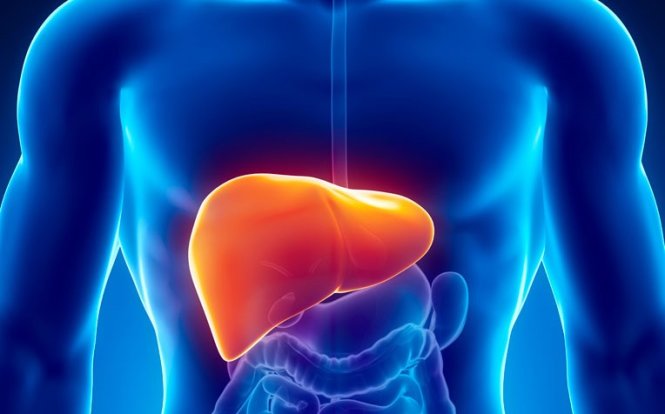Early Signs of Liver Damage You Shouldn’t Ignore
The liver is one of the most vital organs in the human body, responsible for over 500 essential functions. It filters toxins from the blood, supports digestion by producing bile, stores nutrients, and regulates metabolism. Despite its importance, many people ignore the early signs of liver damage—often mistaking them for minor or unrelated health issues. Unfortunately, liver damage can progress silently until it becomes severe or life-threatening. Recognizing the early symptoms could be the key to preventing long-term complications or even liver failure.
1. Chronic Fatigue and Weakness
One of the first and most overlooked signs of liver damage is constant fatigue. If you find yourself feeling tired even after a full night’s sleep or lacking energy throughout the day without any clear reason, your liver may not be processing toxins efficiently. The buildup of waste products in the bloodstream can lead to physical and mental exhaustion.
2. Loss of Appetite and Weight Changes
Another early warning sign is a noticeable loss of appetite. If you’re suddenly not interested in eating, skipping meals, or experiencing unintentional weight loss, your liver could be struggling. This happens when the liver is unable to properly produce bile or regulate digestion, making it hard for your body to absorb nutrients.
3. Abdominal Discomfort and Swelling
Persistent pain or discomfort in the upper right side of the abdomen is a common symptom of liver inflammation or enlargement. As liver damage progresses, it may also cause ascites—the accumulation of fluid in the abdominal cavity, leading to swelling and bloating.
4. Dark Urine and Pale Stools
Changes in urine or stool color can be direct indicators of liver dysfunction. Dark-colored urine (amber or cola-like) may suggest the presence of excess bilirubin, a yellow pigment normally processed by the liver. On the other hand, pale, clay-colored stools indicate a lack of bile in the digestive tract, often due to blocked bile ducts or impaired liver function.
5. Jaundice (Yellowing of the Skin and Eyes)
Jaundice is one of the most visible and alarming signs of liver problems. It occurs when the liver fails to break down bilirubin properly, causing it to accumulate in the bloodstream. This results in a yellowish tint to the skin, eyes, and even nails. If you or someone you know experiences jaundice, it should be treated as a medical emergency.
6. Itchy Skin and Easy Bruising
The liver also plays a key role in producing proteins needed for blood clotting and regulating bile flow. Damage to the liver can lead to persistent itching (due to bile salt buildup under the skin) and increased bruising or bleeding, even from minor injuries. These are signs that the liver’s ability to maintain internal balance is compromised.
7. Nausea and Vomiting
Frequent nausea or vomiting, especially after meals or alcohol consumption, can be a subtle indicator of liver trouble. The liver’s role in detoxifying substances becomes impaired, causing the digestive system to react poorly to certain foods or toxins.
When to Seek Medical Help
If you notice any of these symptoms—especially if more than one appears at the same time—it’s important to seek medical advice. Blood tests, imaging, and liver function tests can help detect liver damage early. Conditions like hepatitis, fatty liver disease, cirrhosis, and liver cancer often start with subtle signs that worsen over time if left untreated.
Conclusion
Your liver silently supports your health every day, but when it’s in trouble, it often speaks through subtle and confusing symptoms. Don’t dismiss signs like fatigue, appetite loss, or changes in skin color. Catching liver damage early can make all the difference—leading to more effective treatment, recovery, and a healthier future. Listen to your body; it’s always talking.